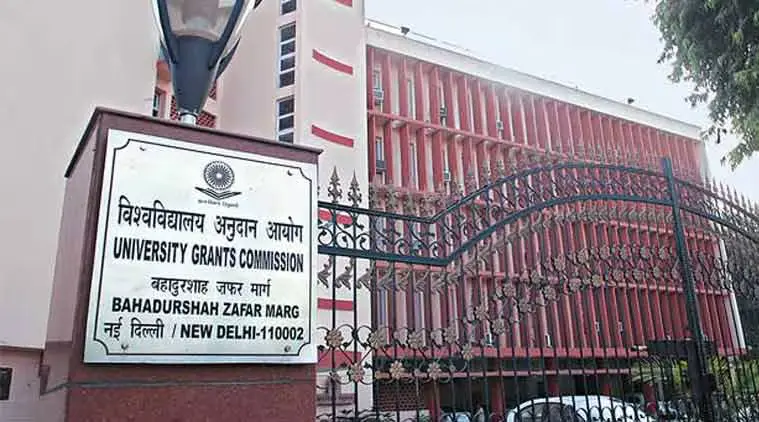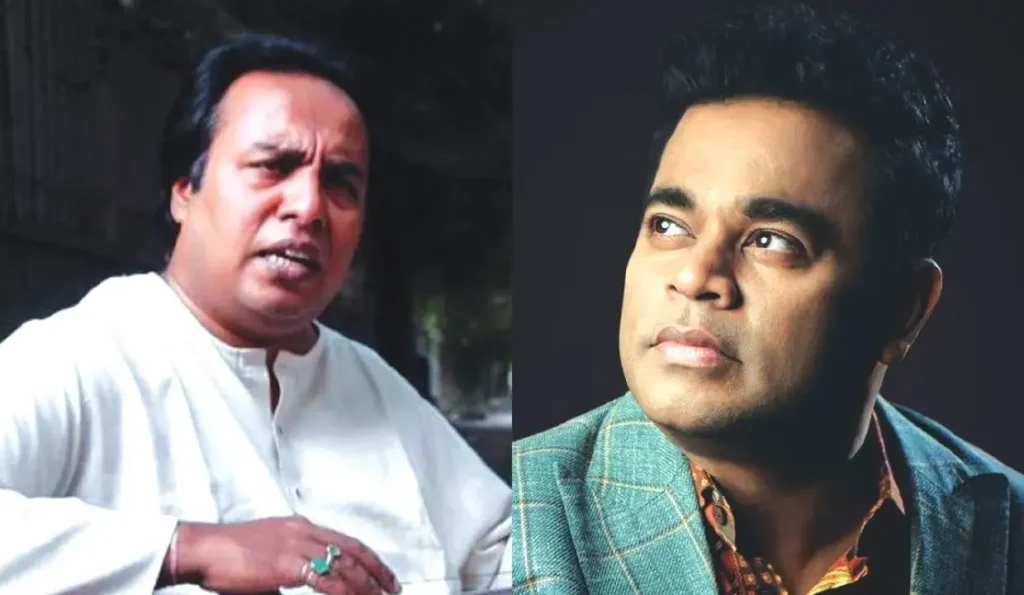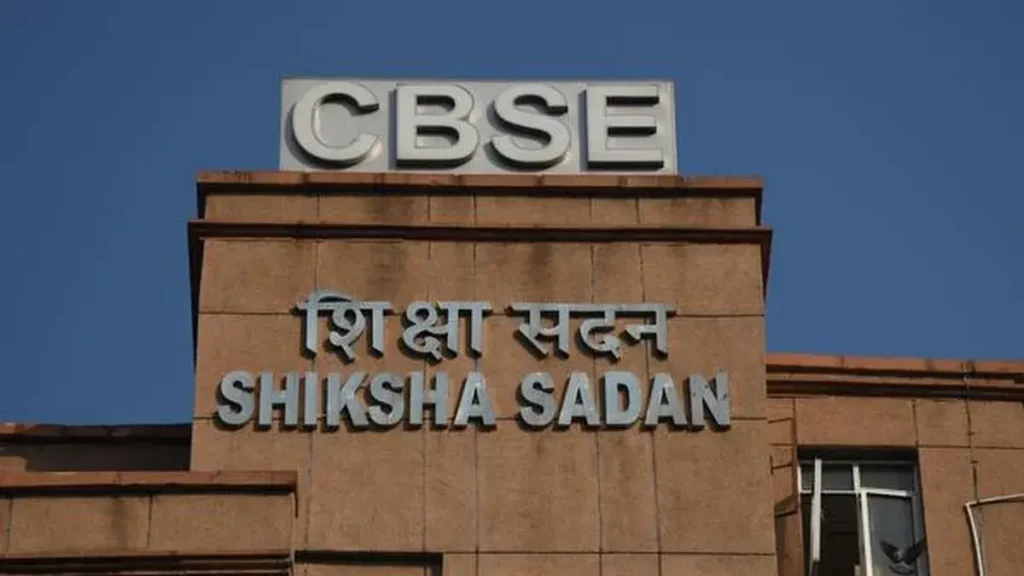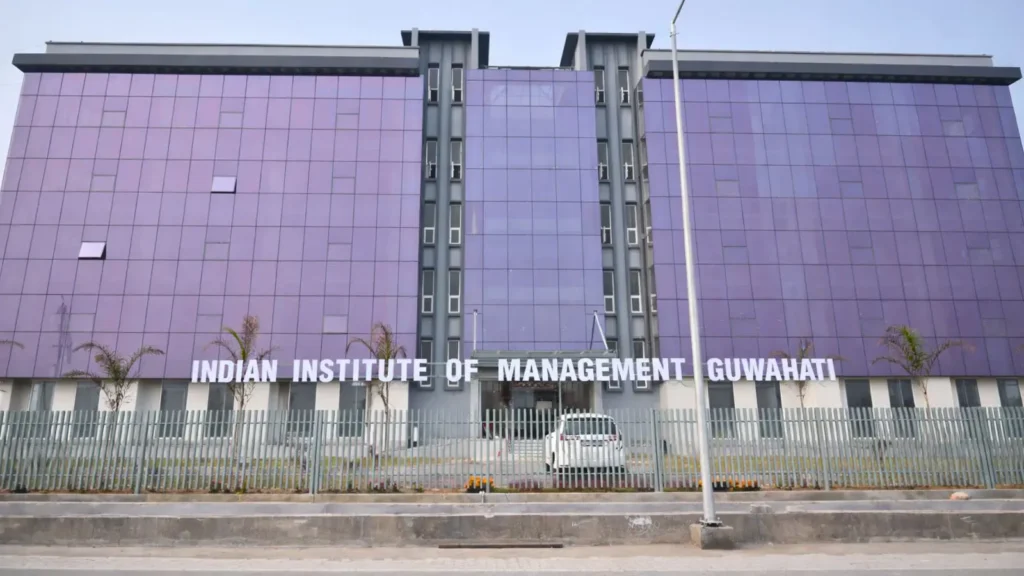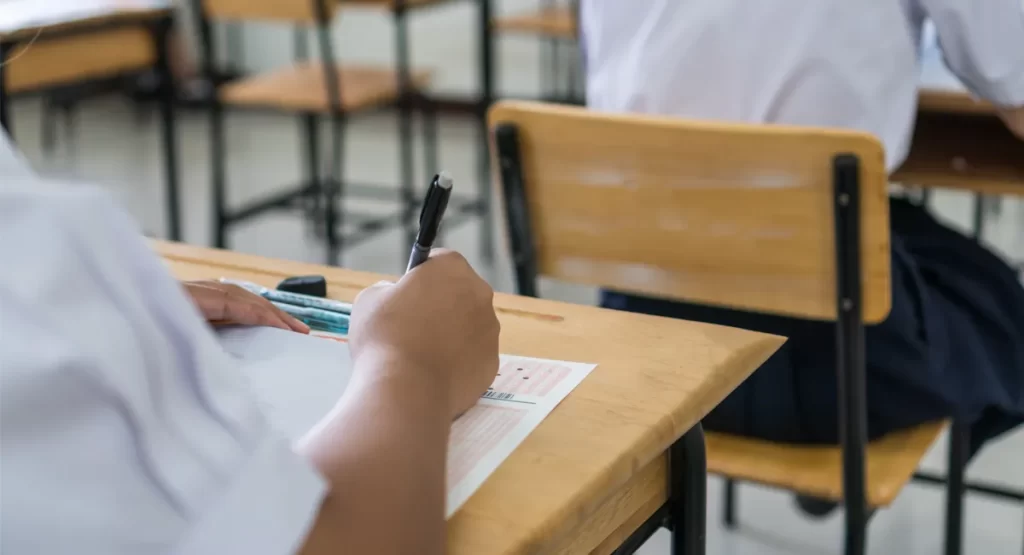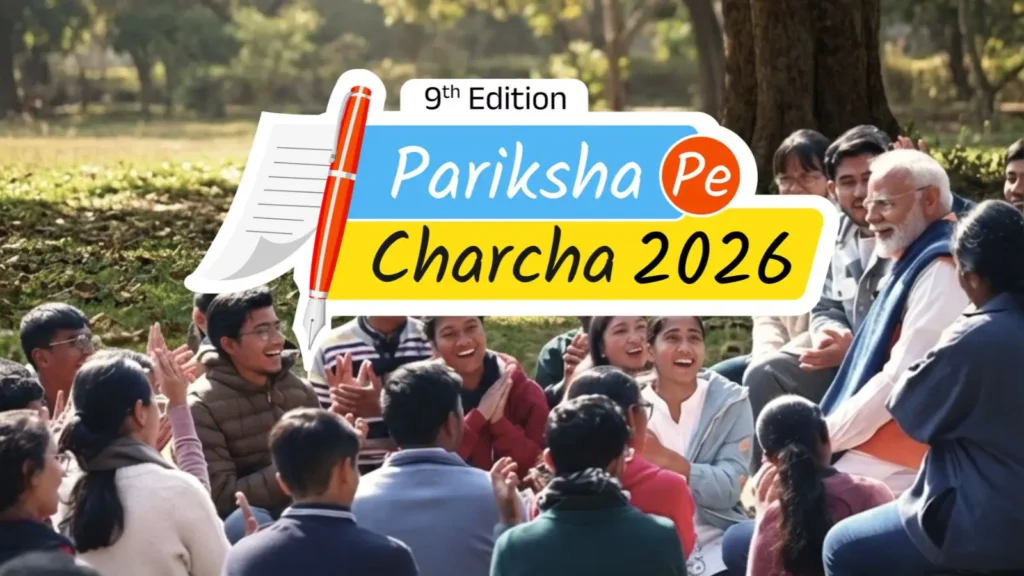The Union Budget 2026–27 signals a strong policy push towards medical education, workforce skilling and creative industries, positioning education-led employment as a key engine of India’s services-driven growth. Presenting the budget on Sunday, the Union Finance Minister outlined wide-ranging measures spanning healthcare training, allied professions, design, content creation and short-term professional skilling, with a clear emphasis on employability and regional inclusion. A major pillar of the announcements is healthcare education. The budget proposes a ₹10,000-crore bio-pharma sectoral development package to strengthen pharmaceutical education, clinical training and research. As part of this, three new National Institutes of Pharmaceutical Education and Research (NIPERs) will be established, taking the total to 10, while seven existing NIPERs will be upgraded to enhance advanced research, industry collaboration and training quality. A nationwide network of accredited clinical facilities is also planned to improve hands-on learning and translational research in medical and pharmaceutical education. The government has also outlined a significant expansion of allied health education. Training capacity will be scaled up across 10 priority disciplines such as optometry, anaesthesia technology, applied psychology and behavioural health, with a target of training one lakh Allied Health Professionals over the next five years to address workforce shortages in hospitals and community health systems. In parallel, the budget lays the groundwork for a stronger geriatric and long-term care ecosystem. Around 1.5 lakh multi-skilled caregivers, including wellness and yoga practitioners, will be trained to meet the growing demand for elder care services. Five integrated hubs for medical value tourism were also announced, combining healthcare delivery, diagnostics, rehabilitation, education and post-care services, and creating new employment opportunities across the health sector. Traditional medicine and mental healthcare education have received renewed attention. Three new All India Institutes of Ayurveda will be set up to expand capacity in AYUSH education. In mental health, a second NIMHANS-like national institute will come up in north India, alongside the upgradation of the existing mental health institute in Ranchi. Beyond healthcare, the budget underscores short-cycle, practical skilling aimed at smaller cities. Professional bodies such as ICAI, ICSI and ICMAI will design modular, short-term courses to create “corporate mitras” who can support MSMEs with accounting, compliance and governance, particularly in tier-2 and tier-3 regions. To strengthen the education-to-employment pipeline, the government will constitute a high-powered standing committee focused on employment generation, services exports and enterprise development. The services sector has been identified as the main driver of the next growth phase, with a specific focus on aligning higher education with AI-linked skills and evolving job roles. The Finance Minister also referenced the Anusandhan Research Fund and reiterated that government interventions have helped nearly 25 crore people move out of poverty. Boost to the Orange Economy Creative and design industries feature prominently in the budget. The Indian Institute of Creative Technology in Mumbai will be upgraded, and the institute will anchor the rollout of content-creation labs focused on animation, visual effects, gaming and comics (AVGC) across 15,000 schools and 500 colleges. Recognising the growing demand for trained designers, the government has also announced a new National Institute of Design (NID) in eastern India. Higher education infrastructure will see a new spatial approach through a challenge-based model. The Centre will support states in setting up five university townships in industrial and logistics hubs, envisioned as integrated clusters with multiple institutions, shared research facilities and residential infrastructure to improve access to quality higher education. Equity, science and sectoral skilling To address gender gaps in education, the budget proposes one girls’ hostel in every district, with a focus on regions with low female participation in STEM fields. Science education and outreach will receive a boost through the development of four major astronomy and astrophysics facilities, including a large solar telescope, the Himalayan Chandra Telescope and the COSMOS-2 planetarium. Tourism, hospitality and sports have been woven into the broader skilling agenda. A National Institute of Hospitality will be set up, and the National Council for Hotel Management (NCHM) will be upgraded to strengthen industry linkages. As a pilot, 10,000 tourist guides across 20 iconic destinations will undergo 12-week training programmes designed in collaboration with IIMs. In sports, the Khelo India Mission will be extended with a 10-year integrated talent development pathway covering beginner to elite levels. The budget also links education and technology with agriculture. Under an ICAR-led initiative, AI-based decision-support systems will be deployed to enhance farm productivity, supported by technology-enabled training and advisory services for farmers.

